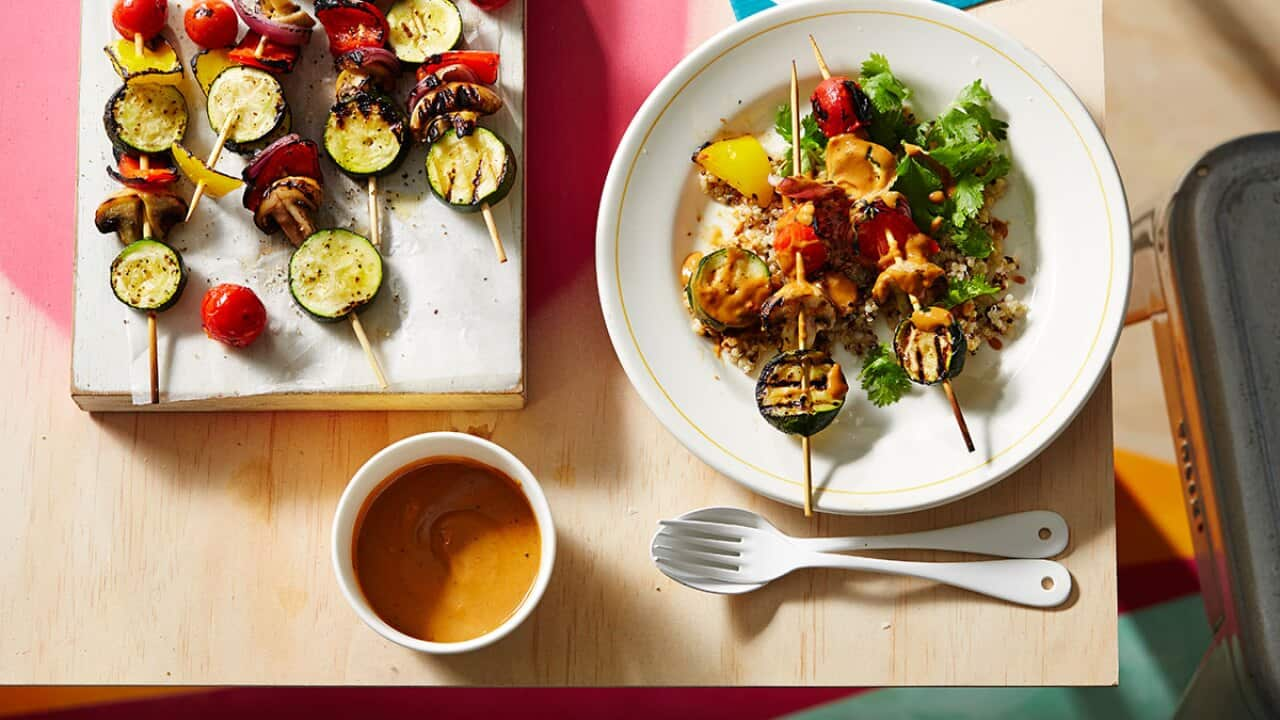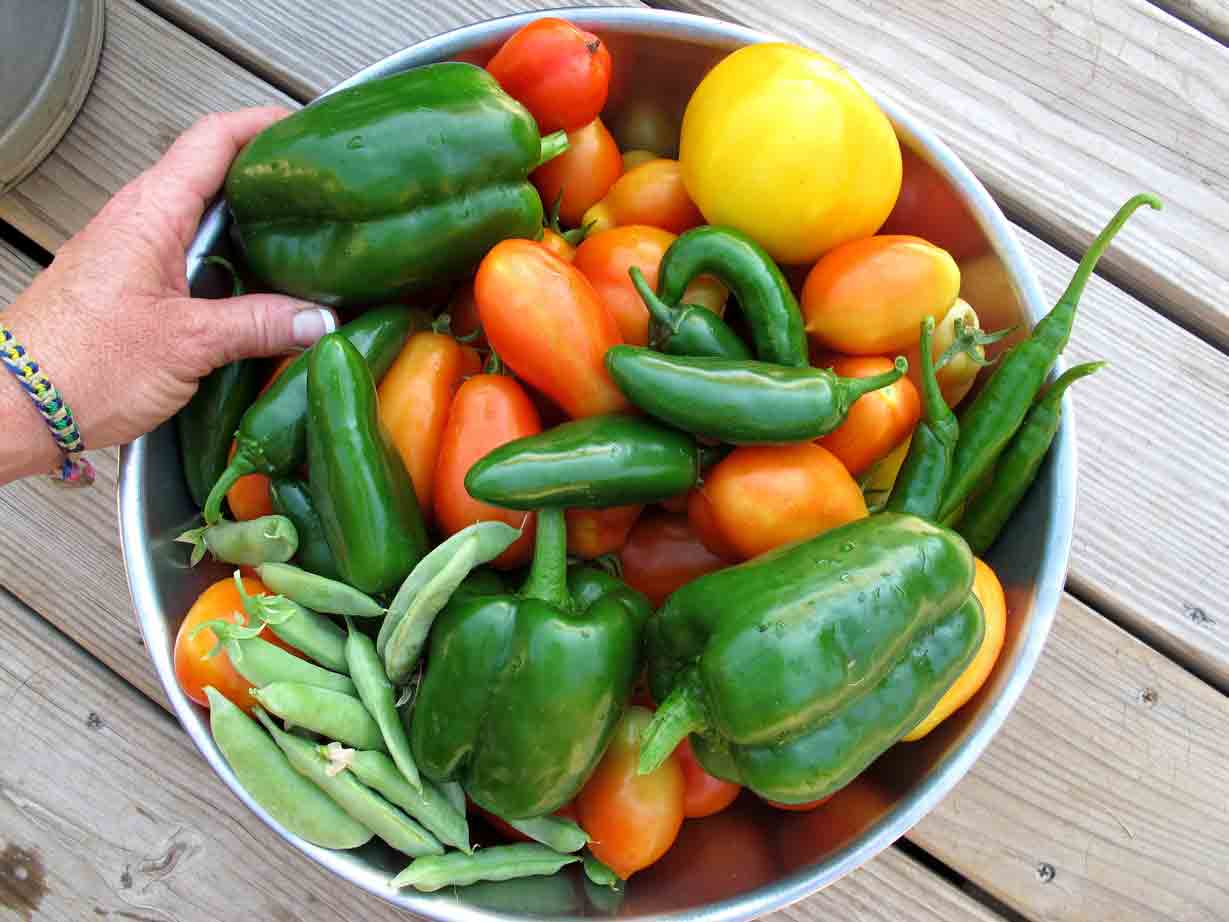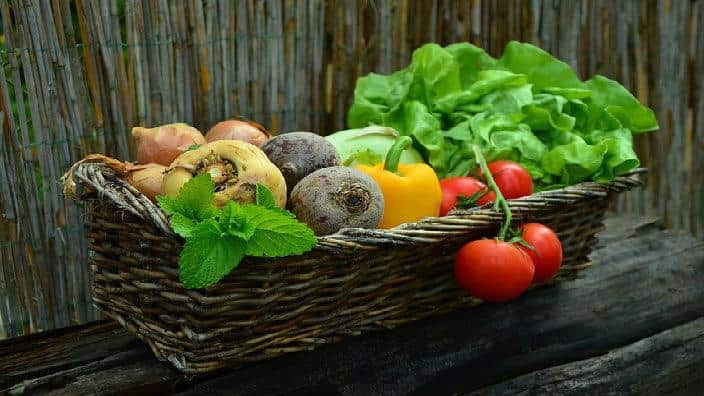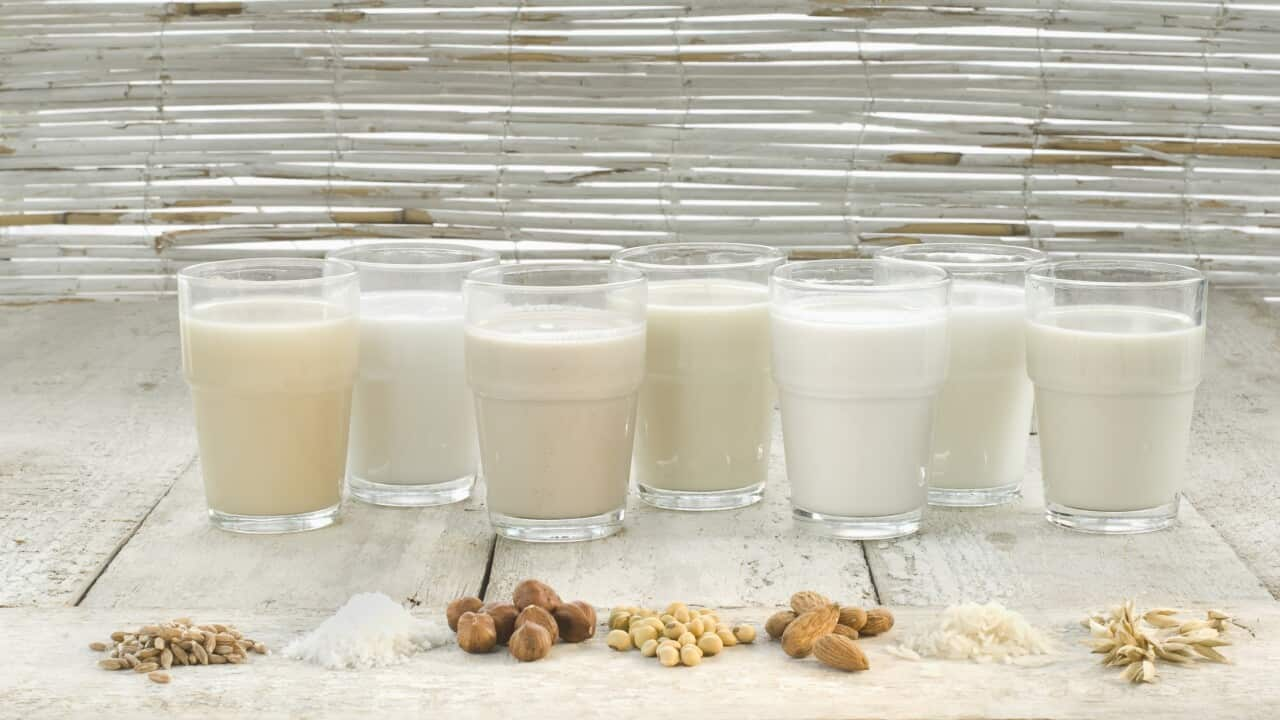

Explainer
So you want to go vegan. Here’s what you need to know first
Think becoming a healthy vegan is as simple as just giving up animal products? Think again.
Published
Updated
Why bother planning?
The quest to achieve good health and an optimal state of nutrition may be just as hard for vegans eating only plant-based food products, as it is for people who eat everything, animal products included.
According to The Vegan Society, veganism is a "way of living which seeks to exclude, as far as is possible and practicable, all forms of exploitation of, and cruelty to, animals for food, clothing or any other purpose".
Program manager at Nutrition Australia (ACT Division), Leanne Elliston says that people often mistakenly assume that to be vegan is to be automatically healthy. But, she says, it’s not that simple. There are healthy vegans and those who are not so healthy, just as there are multiple ways to experience veganism.
Someone might hear about a popular celebrity going on vegan diet,” Elliston. “So they jump on that bandwagon and may not properly research what veganism is.
Vegans are also no different than people who eat animal products in that they may have to plan their diet carefully so that all their nutritional needs are covered. If they don’t, their diet could lack various nutrients and their health could be impacted. Fatigue, a decrease in immunity and a decline in bone density or health could result.
“Someone might hear about a popular celebrity going on vegan diet,” Elliston. “So they jump on that bandwagon and may not properly research what veganism is.
“If you do that and you start to take major food groups out of your diet without the replacing the nutrients you are taking out with a plant-based source, you might be putting your health at risk.”

Accredited Practising Dietitian at The Good Nutrition Co, Nicole Dynan agrees. “Vegan, vegetarian and diets containing meat can all be healthy and can all be unhealthy if they aren’t planned correctly,” says Dynan, media spokesperson for the Dietitians Association of Australia.
“But with veganism, there is an increased likelihood you could develop nutritional deficiencies if you don’t plan your diet as some nutrients are more easily absorbed from animal proteins than from plant proteins.”
Here are some of the biggest nutritional factors you should consider when planning to go vegan.
Vitamin B12
If in doubt, consult a health expert.
Vitamin B12 is essential to enable our bodies to make DNA, nerves and blood cells. It plays an important role in reproduction and metabolism, and is crucial for a healthy brain and strong immunity.
While some people believe vitamin B12 only comes from animal sources (like meat, milk and eggs), Vegan Australia says it actually comes from the bacteria found in soil, rainwater and the ocean. Even still, vegans will struggle to get adequate amounts of vitamin B12 from a plant-based diet.
“My biggest concern whenever I see someone who is a vegan is their B12 levels,” says Elliston.
“People who are going vegan will not get vitamin B12 from their diets so they will need to take supplements or get regular B12 injections.”
Supplementation will need to occur over the long-term to maintain your health.
“If in doubt, consult a health expert.”
Calcium
In Dynan’s experience, ‘going vegan’ is most popular with female millennials. Assuming that bone health is something that only older people need to worry about, many young women may neglect their bone health and calcium needs when switching to an animal product-free diet.
“We achieve peak bone mass in our early 20s,” says Dynan. “That’s when our skeleton has reached our full development and [our bone health in our 20s] is an important factor determining whether we will develop osteoporosis in later life or not.”
“So if your bone mass is lacking in your early 20s, it could really impact your longer term health.”
As a vegan, she says, you still require the same amount of calcium in your body as you did when you were eating animal foods: around 1000 milligrams a day for an ‘average’ person. That is equal to one tub of yoghurt, a slice of cheese and a glass of milk.
“But for a vegan, you might need a few more things like a cup of tofu, one Lebanese cucumber, 10 almonds and a tablespoon of tahini to make up the same amount.”
Vitamin D from the sun, some soy milk products and supplements, can also help to increase your body’s absorption of calcium.
Iron
Iron can be derived from animal or plant-based sources. Iron that is obtained from an animal source – called “heme iron” – is easily absorbed in the body.
Non-heme iron comes from plant-based foods like legumes, chickpeas, leafy green vegetables, nuts, seeds and tempeh. “This kind of iron is not as easily absorbed by the body," says Dynan. "So we’d suggest that people aim to have 1.8 times the amount of iron a meat eater consumes, if you are a vegan.”
“A little handy hint for vegans is to include foods that are high in vitamin C, like citrus fruits and capsicum with their meal as they help you to absorb iron from plant-based foods a lot better."

Protein
Amino acids, one of the basic building blocks of protein, are essential to many of our biological processes and overall state of health.
“When we choose to go vegan, we need to have a wide variety of foods to ensure we get all the amino acids and protein our body requires.”
“Why? If I was to eat lentils, I’d get some of those amino acids but not the complete protein,” Dynan says. “If I had those lentils together with a grain like brown rice, which has other amino acids, then I would have a complete protein.”
Studies show that plant-based sources of protein are actually better for your heart health than animal-based proteins.
So how much plant-based protein should a vegan have per day? Dynan says recommends calculating an individual quantity by multiplying 0.8 (0.9 or 1 if you want to maintain a high protein diet) by your weight in kilograms.
“If you are 70 kilograms, you times that by 0.8 to get 56 grams. That would roughly give you the amount of grams of protein you need – around 56 grams for someone weighing 70 kilos – per day.”
Omega 3
Again, vegans – as well as carnivores – need to plan ahead to ensure that they are either taking a supplement or are getting enough Omega 3 from their diet.
Hemp seeds, flax seeds, seaweed, tofu and Omega 3-fortified milks are great sources of Omega 3 for vegans.
Be wary of processed vegan foods
Dynan warns that processed foods which are high in sodium, sugar and bad fats are not good for anyone, vegan or carnivore.
“There are a lot of processed vegan options out there which – initially – might seem helpful because they are pre-prepared foods for us to eat.
“But just as you can get gluten-free foods that are not automatically healthier for you, there are processed vegan foods that are not automatically good for you.”
“If you are relying heavily, every day, on eating fake sausages and faux meats, then this could be increasing your sodium levels beyond the recommended limits.
“If you choose to prepare the majority of your food yourself, then it would be fine to use a no-added salt can of legumes.
“The long and short of it is that a vegan or vegetarian diet can be as healthy as other dietary patterns but you need to make sure it is a well-planned diet.”
For more information
If you want to go vegan but are in need of support to understand what to do next, visit the Vegan Society online. The group offers online resources to help you get the information you need. There's also a page 'how to go vegan' offering specific help on this subject matter.
You can also visit Vegan Australia online.
If in doubt, always consult a medical professional.
To find an Accredited Practising Dietitian in your area, contact the Dietitian's Association of Australia.





